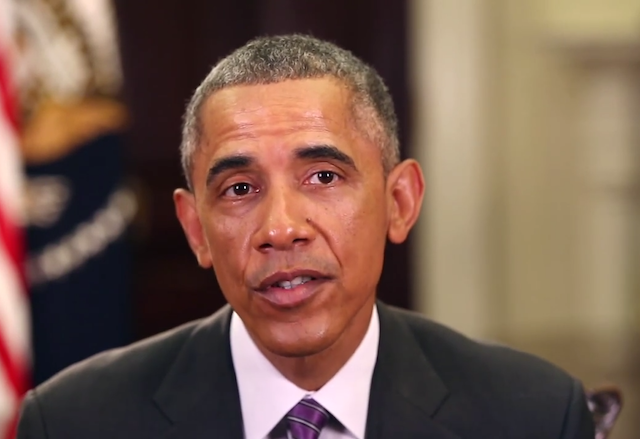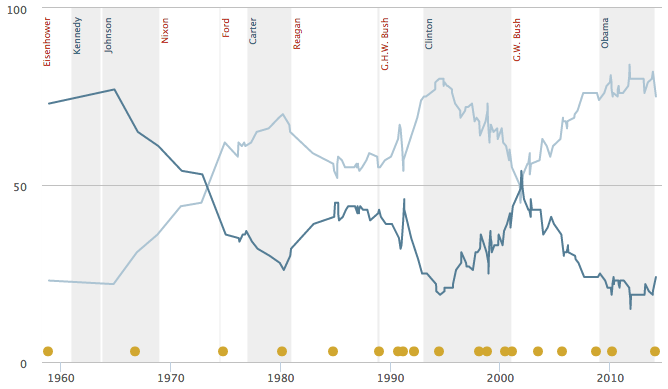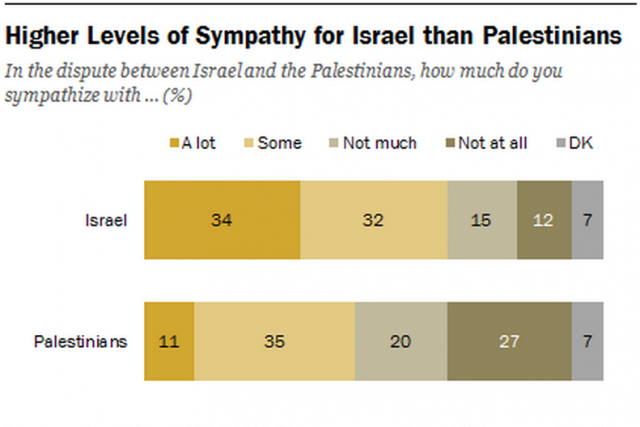In July, in the early part of the Gaza conflict, Pew Research came out
with a survey indicating that support among Americans for Israel's actions in Gaza was strong overall and consistent with past similar surveys.
The July Pew study, however, indicated partisan gaps with much stronger support among Republicans than Democrats, with young Democrats the least supportive among all such categories. Support also was lower among minorities.
That July Pew study set off much angst and hand-wringing among Israel supporters, and unconcealed glee among Israel haters who convinced themselves that their anti-Israel view was just a generation away from becoming predominant American opinion.
But that earlier Pew study didn't really measure support for Israel, as opposed to the conduct of the Gaza conflict. It would be entirely consistent to be a strong supporter of Israel yet not support Israel's actions -- either because you thought it did too much or not enough.
Prior Pew studies,
as well as Gallup, conducted using the same methodology and questions over long periods of time, show support for Israel growing in the U.S. in recent years, although it is true there is something of a partisan and age gap.
A couple of days ago Pew released a new study, taken August 20-24, as to which side Americans sympthized with. True to my thesis, favorable views of Israel predominate and the gap is wide when compared to that Palestinians. This is significant considering how one-sided the media was in portraying Palestinians as victims.
Here are the summary findings of Pew's report,
More Express Sympathy for Israel than the Palestinians:



















